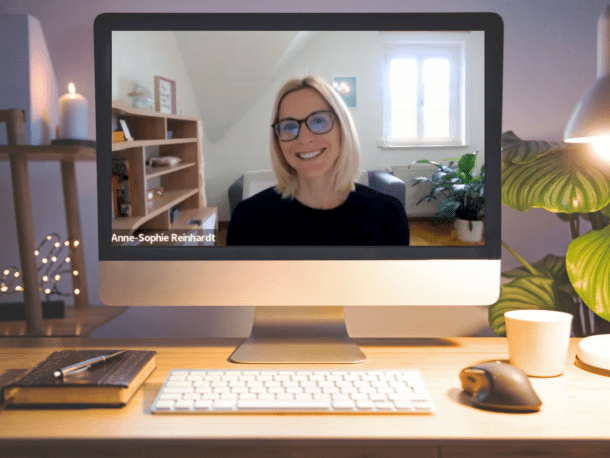
We often think of daydreaming as a distraction—a mental escape from boring meetings or dry lectures. But what if I told you that daydreaming can actually be beneficial? That’s right, letting your mind wander isn’t just for slackers; it’s a valuable tool that can enhance your creativity, problem-solving skills, and overall mental health. So, let’s dive into the surprising benefits of daydreaming and explore how you can harness this natural tendency to improve your life.
A Creative Boost
One of the most significant benefits of daydreaming is its ability to foster creativity. When your mind wanders, it’s not just bouncing around random thoughts. Instead, it’s making connections between ideas, often leading to creative breakthroughs. Famous thinkers like Isaac Newton and Albert Einstein were known for their productive daydreaming sessions, which led to some of their groundbreaking discoveries.
Action Step: Next time you’re stuck on a problem, instead of stressing over it, allow your mind to drift away for a while. You might find that the solution pops into your head when you least expect it.
Stress Relief
Daydreaming is a fantastic way to relieve stress. It acts like a mental vacation, giving your brain a break from the constant barrage of tasks and worries. By letting your mind wander to a happier place or a future hope, you can return to your tasks with a fresher, more relaxed mindset.
Action Step: Schedule short “dream breaks” during your busy days. Spend these moments visualizing a peaceful scene or imagining achieving a goal. It’s like a mini-holiday for your brain!
Problem-Solving Power
While it might seem counterintuitive, daydreaming can enhance your problem-solving capabilities. By drifting into a daydream, your mind processes information in a unique, more relaxed way, which can lead to unexpected solutions and new perspectives on old problems.
Action Step: When faced with a tough decision, let your mind wander over the different scenarios and watch how creative solutions can surface. Don’t force the process; just let the ideas flow.
Improving Memory
Yes, daydreaming can even help with memory. When you let your mind wander, you often replay recent events or rehearse future ones, which can reinforce memories and help with recall. This process is a bit like unintentional studying, but without the flashcards!
Action Step: Use daydreaming to your advantage by deliberately thinking about important information you want to remember while letting your mind roam free.
How to Daydream Effectively
While daydreaming has many benefits, it’s most effective when it’s a controlled process, rather than a constant habit that takes you out of the moment at every turn. Here are a few tips to daydream productively:
- Set aside specific times to let your mind wander, especially when you’re feeling stuck or burnt out.
- Keep a notebook handy to jot down any creative ideas or solutions that come to you during your daydreams.
- Use it as a tool for relaxation and stress management, not as a way to avoid responsibilities.
Are you ready to start harnessing the power of your daydreams? Next time you catch yourself staring out the window, don’t snap yourself back to reality right away. Instead, let your mind explore the possibilities that daydreaming can offer. Share your experiences or any creative ideas you’ve come up with during your daydreams in the comments below or on social media. Let’s embrace the art of daydreaming together!
Daydreaming isn’t just a way to pass the time; it’s a cognitive tool that can boost your creativity, solve problems, relieve stress, and even improve your memory. So, the next time you find your mind wandering, remember that you might just be on the brink of your next great idea. Happy daydreaming!







